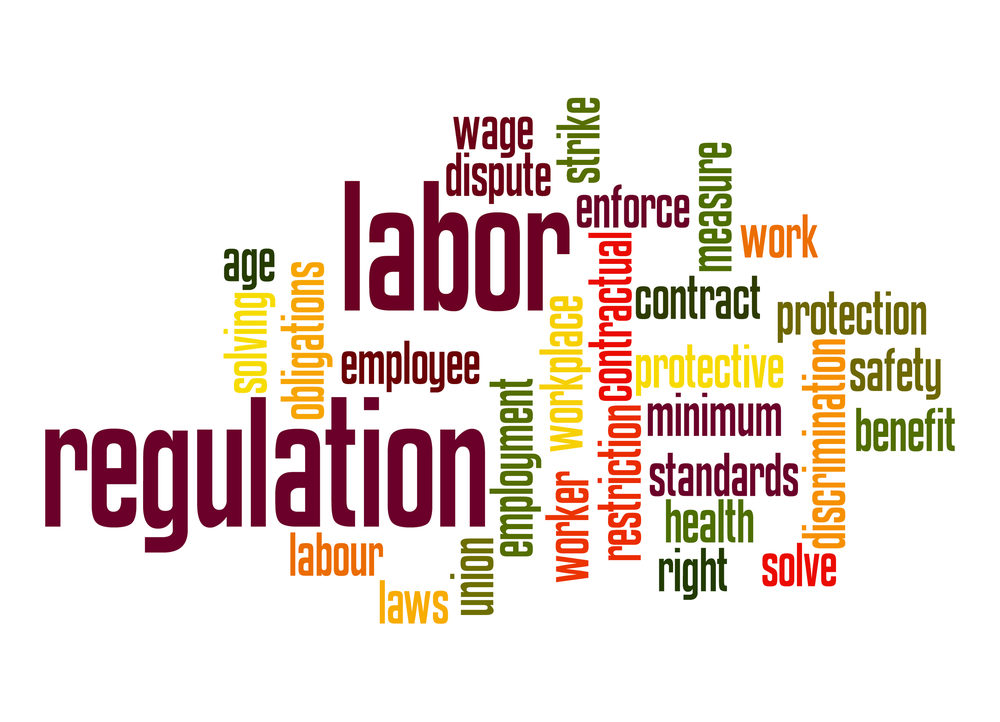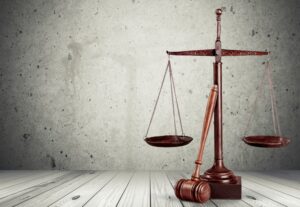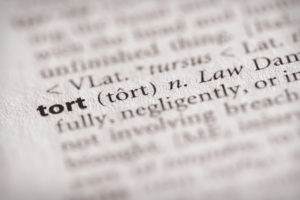
The 2020 election was among the most chaotic and contentious in American history. The corresponding changes in government that took place across the country are sure to impact our everyday lives in a variety of ways. America elected a Democratic president and retained a Democratic House, and it may well turn the Senate back to blue. That means a big shift in the legal space. One of the greatest concerns for many is employment law and how it might change going forward due to the election, particularly in the judicial system, as many new judges have been appointed in Texas and elsewhere in the U.S.
What exactly is employment law? It’s a broad area covering almost everything related to the relationship between a workplace/employer and its employees. Notable parts of employment law include regulations for minimum wage, unemployment compensation and employment discrimination. However, there are looming questions surrounding COVID in the workplace.
Unfortunately, unemployment compensation and discrimination often lead to disputes that must be settled in the courtroom. Discrimination laws seek to protect those treated unfairly due to their race, gender, age, nationality, sexual orientation and more. Especially in big corporations, it can be easy for victims to be lost in the shuffle. The same goes for those who feel they’ve been unfairly compensated for losing their jobs through no fault of their own or wrongfully terminated.
It’s important to note that wrongful termination laws vary from state to state, so the situation in your state may not change much depending on how many new judges were elected. Recourse for those who feel they’ve been fired unethically includes contacting your state’s labor office and, of course, seeking legal counsel.
How is COVID-19 affecting employment?
One of the most significant factors influencing employment issues right now is the COVID-19 pandemic. As of today, the worst spike in unemployment due to the coronavirus reached a staggering 15%, but it has since dropped to a more manageable but still dismal 7.9% percent. Currently, there is no reason to believe that the economy won’t eventually recover (it always has in the past, after all). Still, months-long delays in court cases, including those about unemployment law, have made an already bad situation worse. Perhaps new judges will mean that outcomes end up remarkably different than they would have had cases been officially filed within a typical timeline.
The Families First Coronavirus Response Act allows employees of companies with less than 500 employees to apply for paid sick or family leave due to the pandemic. Eligible employees may receive up to two weeks of paid sick leave and an extra ten weeks of paid family and medical leave through the end of 2020. Businesses will receive the necessary funds from the federal government to cover these costs.
Many states have passed or introduced legislation barring any legal actions that are related to COVID. While it is not clear how this could affect employment cases, it could possibly bar those affected by COVID from making a claim.
In what ways can election results shape the workplace?
Post-election policy changes can influence additional areas such as overtime, paid time off, etc. Many new judges may lean toward policies that are considered “employer-friendly,” including conservative Judge Amy Coney Barrett, the newest Supreme Court appointee, whose decisions historically have favored the employer.
On the other side, judges who advocate for tighter regulations would be increasing employers’ burden to comply with them by forcing more scrutiny on hiring practices and discrimination.
The minimum wage has also been a hotly-contested issue in recent years. Now that President-elect Joe Biden is headed for the White House, it seems likely that support for a $15 national minimum wage will increase. Biden also wants to end the tipped minimum wage and said he plans to crack down on employers who practice wage theft and union busting.
There is strong evidence that Biden’s hoped-for policy changes will favor the American worker. Some of these policy changes, which may or may not be passed depending on what happens in Congress, include:
- The Equity Act, a law designed to prevent employment discrimination not only in workplaces but in schools, public housing, and more
- Require employers to prove their efforts in increasing diversity in the workplace
- Expand the number of workers who qualify for overtime
- The Paycheck Fairness Act, which would make it easier for plaintiffs to file lawsuits based on the gender wage gap, prevent employers from asking for your salary history, and more
More locally, it’s worth reminding you that judges are appointed at the federal level but elected by voters at the state level in most states, including Texas. This means that most state judges are people who most voters have never heard of, and more often than not, they vote solely based on political party. Like presidential elections, elections here can be skewed by wealthy donors and pushy interest groups hoping to get their supporters on the bench. So, in the end, the best we can do to predict how the state judiciary will change in 2021 is to make an educated guess.
No matter who ends up on the bench, the team at The Cochran Firm Texas is concerned about you, the employee, above all else. Our goal is to treat you like a person, communicate all the facts to you, and guarantee the best possible result. If you feel you’ve been the victim of any kind of employment discrimination, please give us a call at 1-800-THE-FIRM (1-800-843-3476) or contact us via our online form or chat today.

Larry oversees the firm’s Mass Torts, Criminal, Employment and Civil Rights practice areas as well as leads our community involvement efforts. While Larry is active daily in Mass Tort litigation he continues to play a role in client communications, and those cases that involve everyday folks. He is an active coach in youth sports and sits on a number of diverse community stakeholder entities. Between growing up in Duval County Florida and Harris County Texas (3rd Ward, Acers Homes, Greenspoint) and raising his kids in rural Texas, Larry has gained an appreciation for those who struggle for a sense of fairness. From the client in Urban America seeking to be heard to the small town Rural American wanting fairness, it all resonates with Larry's need and desire to fight for them.














Comments for this article are closed.